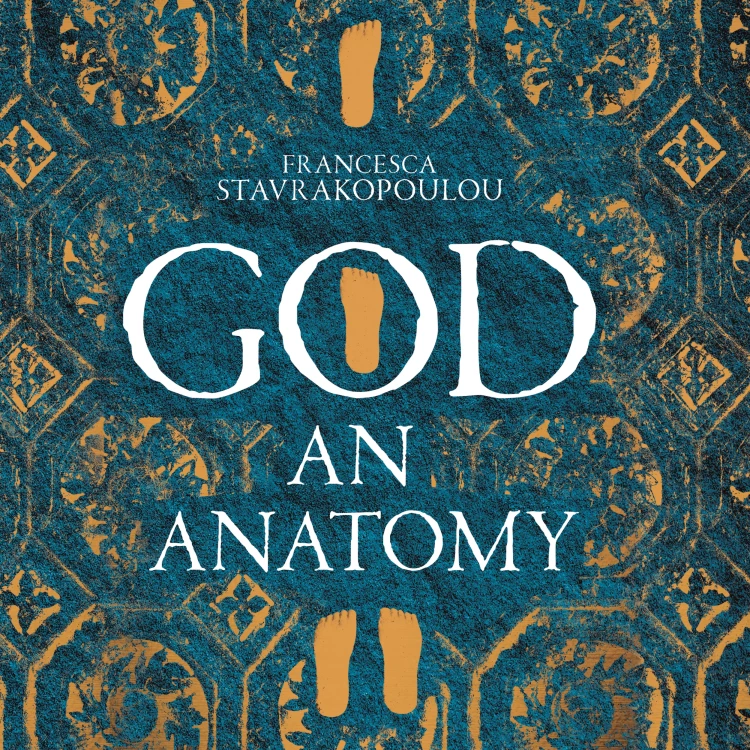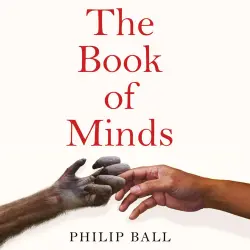
God - An Anatomy
Francesca Stavrakopoulou
Unabridged
16 Stunden 14 Minuten
Hinweis: Für das Abspielen der Hörbücher oder Hörspiele können auf den jeweiligen Plattformen, wie z.B. Spotify, Kosten anfallen. Lismio hat keinen Einfluss darauf, welche Hörbücher und Hörspiele bei dem Service verfügbar sind.
Einige Artikel enthalten Affiliate-Links (gekennzeichnet mit einem Sternchen *). Wenn ihr auf diese Links klickt und Produkte kauft, erhalten wir eine kleine Provision, ohne dass für euch zusätzliche Kosten entstehen. Eure Unterstützung hilft, diese Seite am Laufen zu halten und weiterhin nützlichen Content zu erstellen. Danke für eure Unterstützung!
Vom Herausgeber
Beautifully written, passionately argued and frequently controversial, God: An Anatomy is cultural history on a grand scale.
Three thousand years ago, in the Southwest Asian lands we now call Israel and Palestine, a group of people worshipped a complex pantheon of deities, led by a father god called El. El had seventy children, who were gods in their own right. One of them was a minor storm deity, known as Yahweh. Yahweh had a body, a wife, offspring and colleagues. He fought monsters and mortals. He gorged on food and wine, wrote books, and took walks and naps. But he would become something far larger and far more abstract: the God of the great monotheistic religions.
But as Professor Francesca Stavrakopoulou reveals, God's cultural DNA stretches back centuries before the Bible was written, and persists in the tics and twitches of our own society, whether we are believers or not. The Bible has shaped our ideas about God and religion, but also our cultural preferences about human existence and experience; our concept of life and death; our attitude to sex and gender; our habits of eating and drinking; our understanding of history. Examining God's body, from his head to his hands, feet and genitals, she shows how the Western idea of God developed. She explores the places and artefacts that shaped our view of this singular God and the ancient religions and societies of the biblical world. And in doing so she analyses not only the origins of our oldest monotheistic religions, but also the origins of Western culture.
Three thousand years ago, in the Southwest Asian lands we now call Israel and Palestine, a group of people worshipped a complex pantheon of deities, led by a father god called El. El had seventy children, who were gods in their own right. One of them was a minor storm deity, known as Yahweh. Yahweh had a body, a wife, offspring and colleagues. He fought monsters and mortals. He gorged on food and wine, wrote books, and took walks and naps. But he would become something far larger and far more abstract: the God of the great monotheistic religions.
But as Professor Francesca Stavrakopoulou reveals, God's cultural DNA stretches back centuries before the Bible was written, and persists in the tics and twitches of our own society, whether we are believers or not. The Bible has shaped our ideas about God and religion, but also our cultural preferences about human existence and experience; our concept of life and death; our attitude to sex and gender; our habits of eating and drinking; our understanding of history. Examining God's body, from his head to his hands, feet and genitals, she shows how the Western idea of God developed. She explores the places and artefacts that shaped our view of this singular God and the ancient religions and societies of the biblical world. And in doing so she analyses not only the origins of our oldest monotheistic religions, but also the origins of Western culture.











